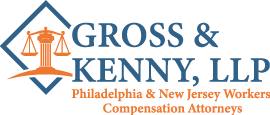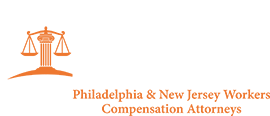Firms Sacrifice Safety When Demand is High
According to a study by the Yale School of Management, high product demand can lead to an unfortunate side effect of unsafe working environments. The lead study author and his colleagues examined how higher demand affects safety, and their data revealed that when companies have incentives to increase production and profits, overall safety may be falling by the wayside. The team explained that the relationship between consumer demand and worker safety has not been studied extensively. Some studies look at employee wages, but this does not really show workers’ overall well-being.
It goes without saying that when people are busy, the likelihood of mistakes can increase. Rushing to meet production quotas and deadlines can be overwhelming, making it harder to concentrate. The National Safety Council cites the top three causes of workplace injuries as overexertion, contact with objects and equipment, and slip and falls. It is easy to see how the likelihood of these accidents increase when people are overworked and distracted. Their research also shows that workplace injury occurs every seven seconds.
Case Study
The research group looked at the United States mineral mining industry for this study since this industry closely monitors their accidents and has direct measures for recording demand through quarterly reports. The researchers found that a one percent price increase in sales led to a corresponding .15 percent increase in mortality and serious injuries. It showed a .13 percent increase in health and safety regulation violations as well.
The study also used data gathered from mines that were owned by larger conglomerates. Under this umbrella, different mines produced different minerals; one might have experienced high demand while another did not. The investigation showed that mines with lower demand had fewer work-related injuries.
Additional Findings
It was also found that companies with more financial resources can improve safety since they have more money to invest in training and expensive safety equipment. This could apply to companies bought by large corporations and those making high profits when demand is high. According to the author, certain company administrators felt that increased demand called for higher production and more work, and they put off safety training. He explained that the pressure of a good marketplace could put safety concerns on the back burner.
Philadelphia Workers’ Compensation Lawyers at Gross & Kenny, LLP Advocate for Workplace Safety
Every company wants to make profits, but firms that focus on production over safety can experience higher rates of employee injuries. Do not hesitate to contact the Philadelphia Workers’ Compensation lawyers at Gross & Kenny, LLP for a free consultation for any type of job-related injury or illness. Call us at 215-512-1500 or complete our online form. Located in Philadelphia, we help injured workers throughout Pennsylvania.



